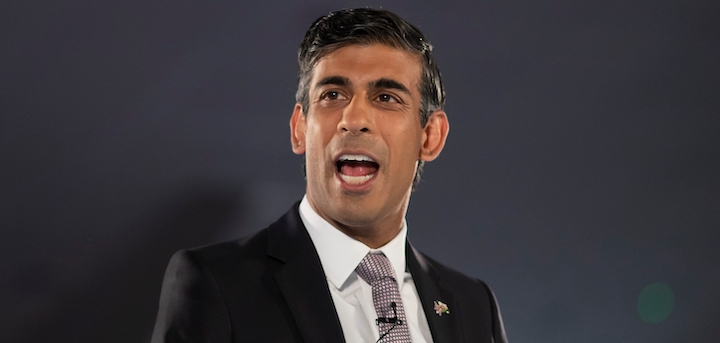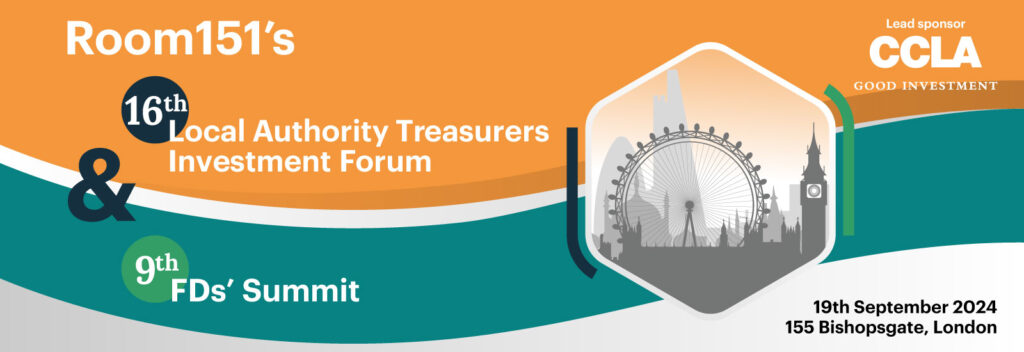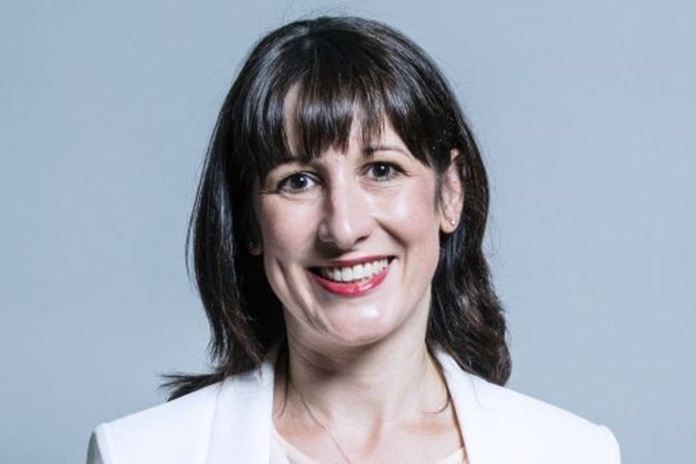Political parties have been urged to put the public sector at the forefront of their manifestos, following yesterday’s announcement of a 4 July general election.
The Chartered Institute of Public Finance and Accountancy (CIPFA) said reform and growth of the sector was vital to “bring Britain back on track”.
Political parties should address how they plan to reform local government finances “to avoid the ‘crisis-cash-repeat’, short-termist model of funding” that is currently in place, the organisation said, while outlining how to bring in sustainable financial planning.
The Local Government Association (LGA) said that with “the right powers and adequate long-term funding”, councils would be able to “provide the answers to so many of the issues any incoming government will face”.
Shaun Davies, LGA chair, said that “securing the future of our public services must be front and centre of all political party manifestos”, noting that the election “comes at a pivotal time for the country”.
He said possible answers that councils can provide include “building more affordable homes, boosting economic growth, improving support for children, vulnerable adults and older people, and creating a better future for everyone”.
Rob Whiteman, CIPFA CEO, called the current situation of the public state “unsustainable”.
He said: “With six weeks to voting, whoever forms the next UK government will face a long and challenging list of priorities putting unprecedented constraints on the public purse.
“This election gives the next government a golden opportunity to reform and get rid of previous ‘sticking plaster’ approaches to funding the UK’s most critical sector. It is also an opportunity to define what we want our public services to do and how we want to find them for the long-term, in response to these short-term challenges.”
CIPFA urged all parties to set out a “clear and bold vision” on how they will support the public sector that “creates an environment of accountability, transparency and growth”.
As well as addressing financial reform and sustainable planning, the organisation said party manifestos must address how to “deal with the heavy burden on existing services by clearing up backlogs in hospitals, courts and a broad range of other services”.
They should also address devolution and flexibility in the system, CIPFA said, calling on parties “to create a plan to grasp the opportunities of devolution to empower regions and strengthen communities to allow for regional decision making, planning and coordination”.
The next government must commit to a “proper settlement” in adult social care “to meet the scale of need and demand” and eliminating its current “unfair, unpredictable and complex” nature, CIPFA added.
Prime Minister Rishi Sunak announced the 4 July date for the general election on the same day (22 May) that the Office for National Statistics revealed that UK inflation fell to 2.3% in the year to the end of April, its lowest level for almost three years.
This figure is still short of the Bank of England’s 2% target, but Sunak said inflation was “back to normal” in his speech announcing the election, and that the UK economy “is now growing faster than anyone predicted”.
Room151 has launched a new series, called Municipal Missions Manifesto, which explores what a reset of local government should look like under the next administration. For more information, read our introduction to the series here. All current articles in the series are collected here, with more instalments to come over the next weeks.
—————
FREE bi-weekly newsletters
Subscribe to Room151 Newsletters
Follow us on LinkedIn
Follow us here
Monthly Online Treasury Briefing
Sign up here with a .gov.uk email address
Room151 Webinars
Visit the Room151 channel












